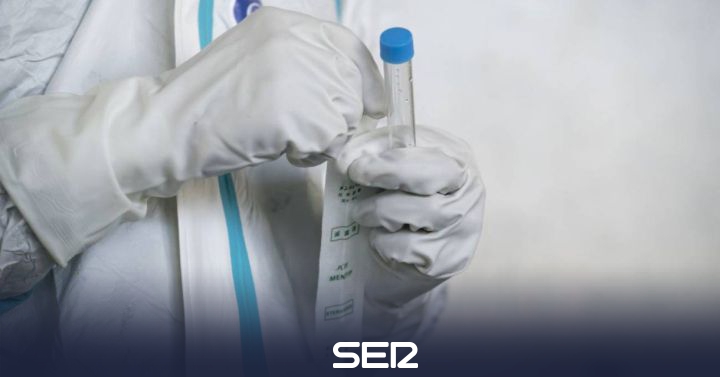“In France and Greece, it is mandatory (covid-19 vaccination for health professionals and nurses), but we do not lean towards it, because we have a big debate here, which I feed, about those antibodies,” said Babiš, who outlined earlier. that he wants people with enough measured antibodies to be considered infectious, as well as vaccinated or tested.
–
At the same time, however, he admitted that there was no consensus on the matter even among the professional public. “There are a lot of people who doctors say they have antibodies so they don’t get vaccinated. Others, on the contrary, should be vaccinated at any cost, “added Babiš.
–
No borders
Experts, including the main epidemiologist of IKEM, Petr Smejkal, reiterate that the problem lies in the fact that a clear limit of antibodies has not yet been set, from which a person is protected after the disease.
–
The introduction of compulsory vaccination began to be discussed again after the disease was demonstrated in Tokyo by the unvaccinated doctor of Czech Olympians Vlastimil Voráček. According to the findings of the News, however, he was not the only unvaccinated passenger on board the special.
–
However, Babiš opposes the introduction of compulsory vaccination at least for health care workers. “The nurses are responsible,” Babiš explained.
–
Vojtech: Maybe in the future
His words were followed on Thursday by the Minister of Health Adam Vojtěch (YES). He noted that due to the possible introduction of compulsory vaccination, the law on the protection of public health would probably also have to be amended. The change would therefore have to be sanctioned not only by deputies but also by senators.
–
However, he did not rule out that this would happen later. “If we ever get to duty with covid-19 vaccination, it’s possible in the future, but I don’t think it’s a question of the present,” he said.
–
He added that he sees a bigger problem in social services, such as retirement homes, where vaccination rates among workers are lower than among health professionals. “There are the most at-risk patients,” Vojtěch emphasized.
—


